Hosting a motor show is a tough business. The big names are well entrenched, with the likes of Geneva, Los Angeles, Tokyo, Paris and Frankfurt being the ones that immediately spring to mind. But given that London hasn’t had what could be referred to as a headline-grabbing show since 1999, even with the UK’s car industry in rude health at the moment, this is a tricky market to enter.
For now, the Istanbul motor show is largely a local affair, designed to take the cars that have made their global debuts elsewhere and show them to the Turkish fans and buyers. The 2015 show, for example, only played host to two world premieres, and not exactly glamorous ones at that. Despite this, the organisers behind the show are hoping that the next one in 2017 will be a truly international event, attended by a host of journalists around the world, coming to get their first glimpse of the latest production and concept cars.
There were a few signs at this year’s show that this could happen, and what was said by the executives at the press conferences of the two cars making their global debuts should give the Istanbul show-goer hope.
Volkswagen chose to show off the MPV version of its latest T6 Transporter van - the Caravelle - and execs from VW spoke glowingly of the country’s importance in the commercial vehicle market. Apparently Turkey is the second-largest market for the likes of the Caravelle and Caddy, which was also being displayed on the stand.
The more notable debut was for the Fiat Aegea project - the as yet unnamed new saloon that Fiat plans to sell in 40 markets in the Europe, Middle East and Africa from later this year.
Not only was the Istanbul show chosen for the fact that the Aegea will be built in the Bursa factory in Turkey but Fiat also chose the Aegea holding name in order to pay tribute to the region. It certainly seemed to elicit a positive response from the Turkish gentlemen sat next to me in the press conference.
The Bursa plant was established in 1971 and since then has turned out 4.6 million units. It currently has a capacity of 400,000 cars per year. However, while Fiat executives were singing the plant's praises, the 6500 employees at the factory weren't making a single Qubos or Doblos due to industrial action. The strike has been reportedly attributed to workers demanding wage increases in line with other industrial firms in the area.
This does at least suggest, however, that the Turkish automotive industry is heading in the right direction, as does the fact that almost every major manufacturer was represented at the show. However, the smaller hall at the Istanbul show, which played host to the lesser-known names, showed that not everyone in Turkey wants an affordable saloon.
Going by the vehicles on display in Hall 8, there is a market for modified and supremely luxurious versions of the Mercedes V-Class. There were three separate stands within metres of each other, all showing V-Classes with interiors that would put many private jets to shame, complete with TVs, thick carpets, plush leather upholstery and many gadgets.

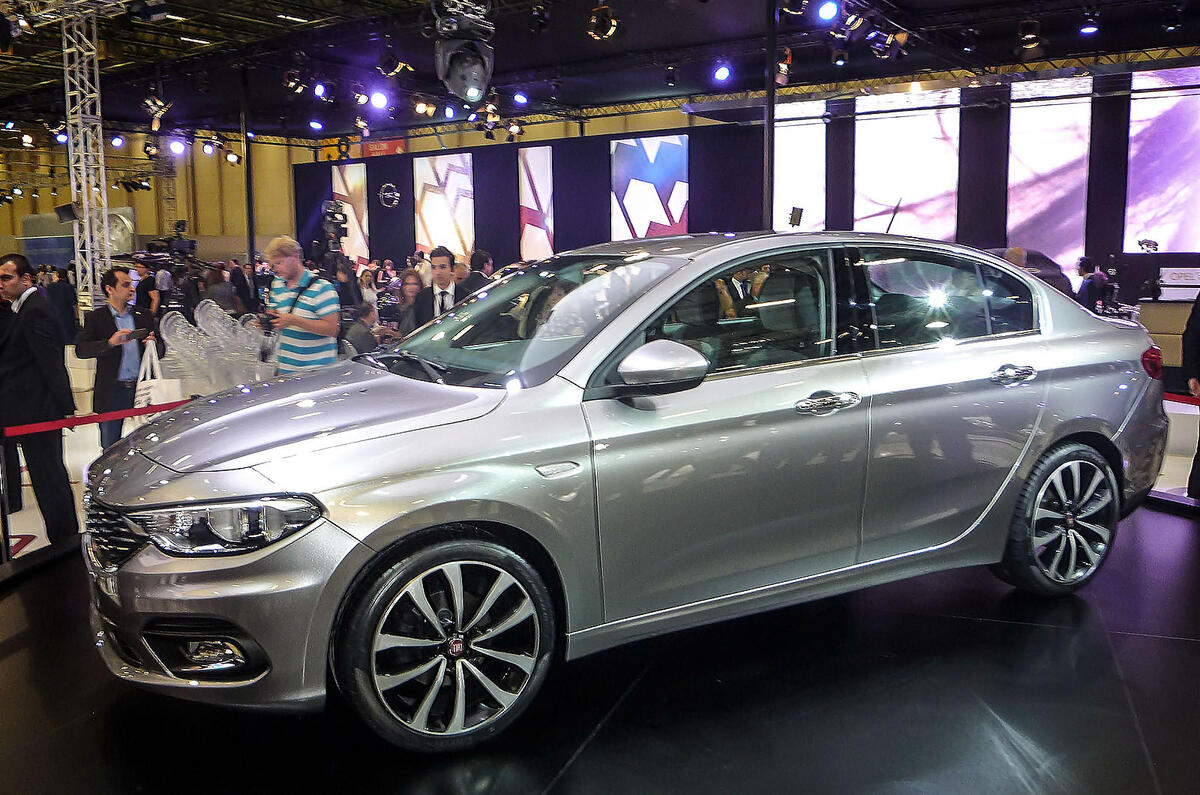
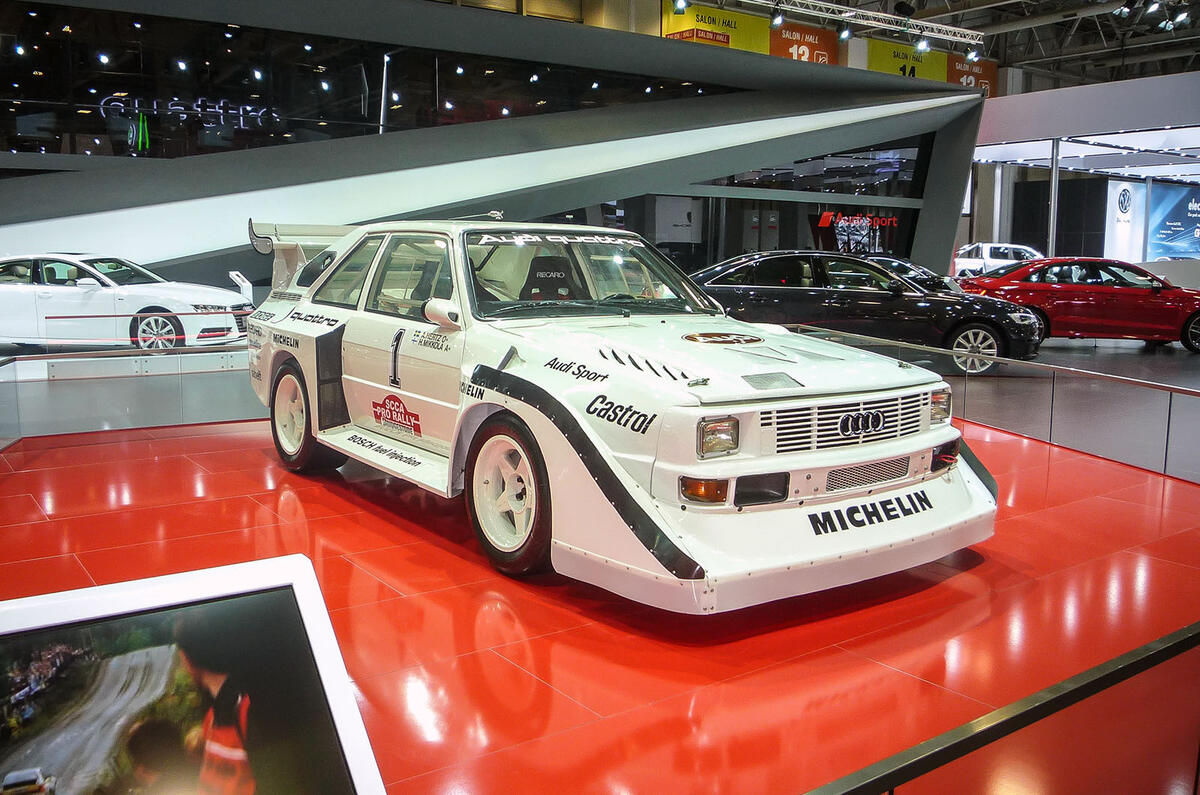
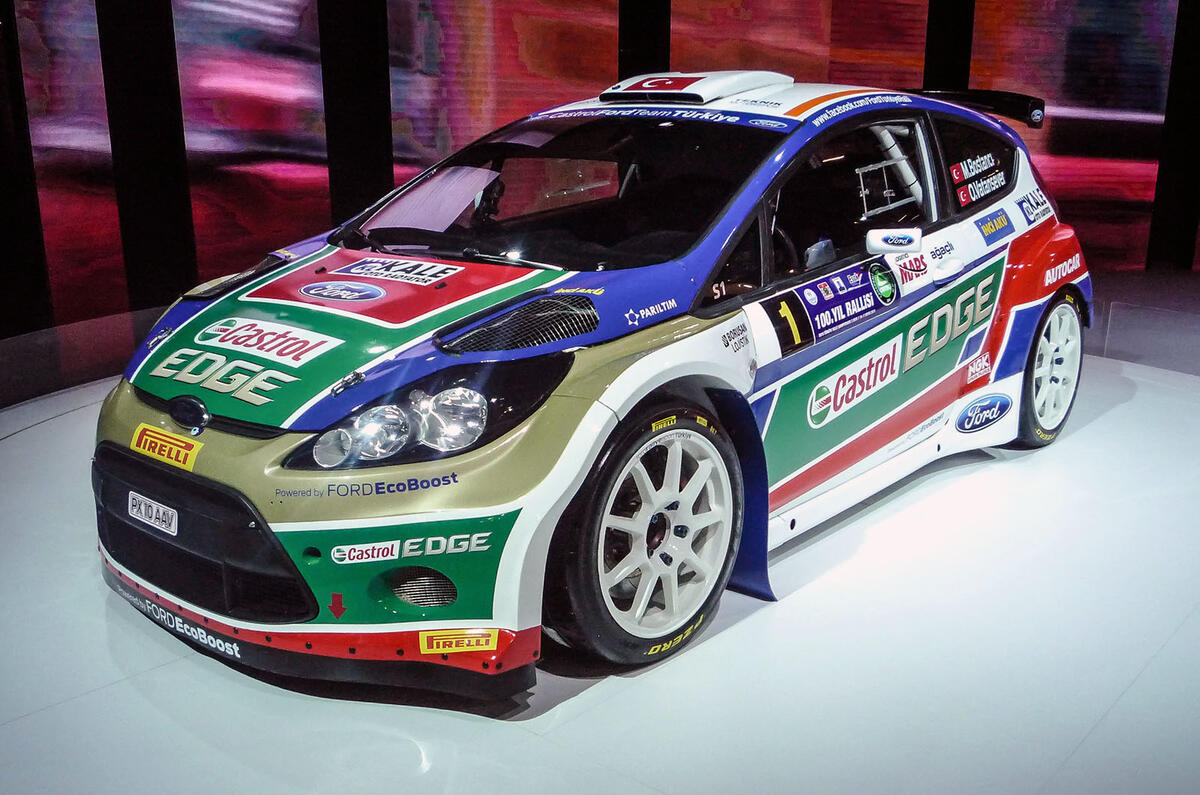
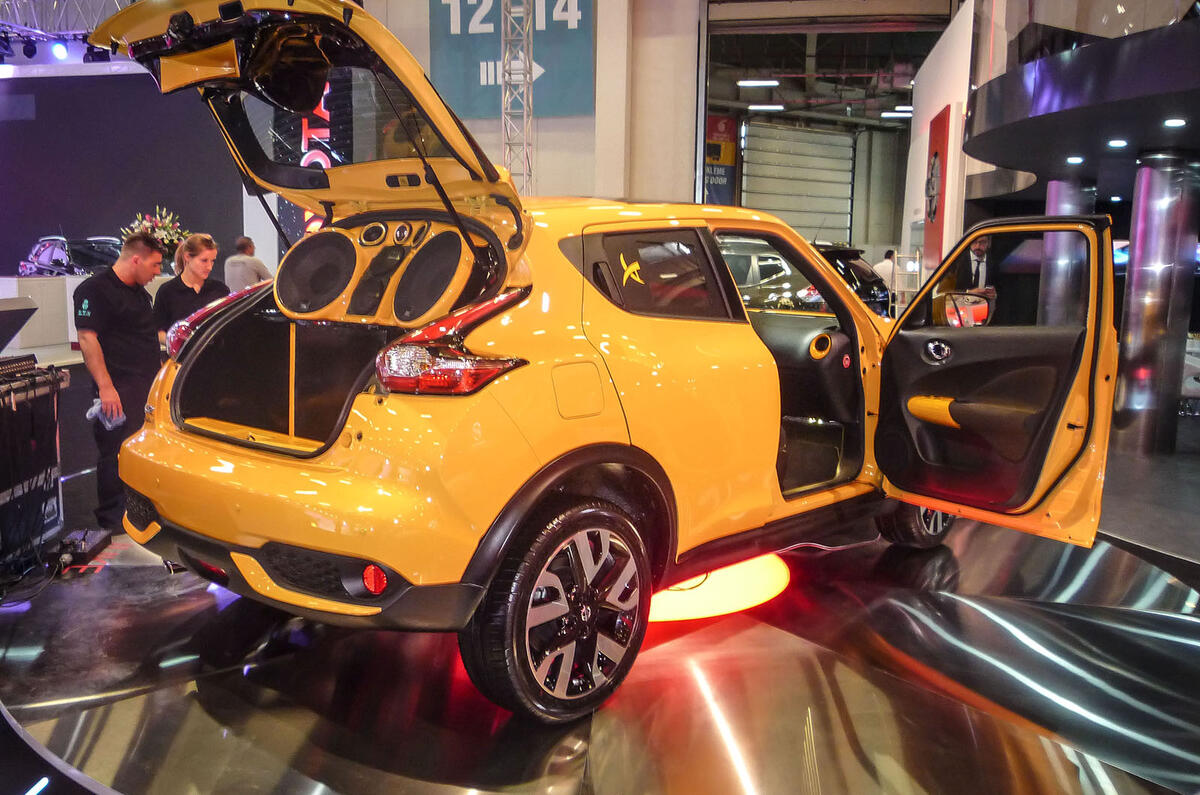
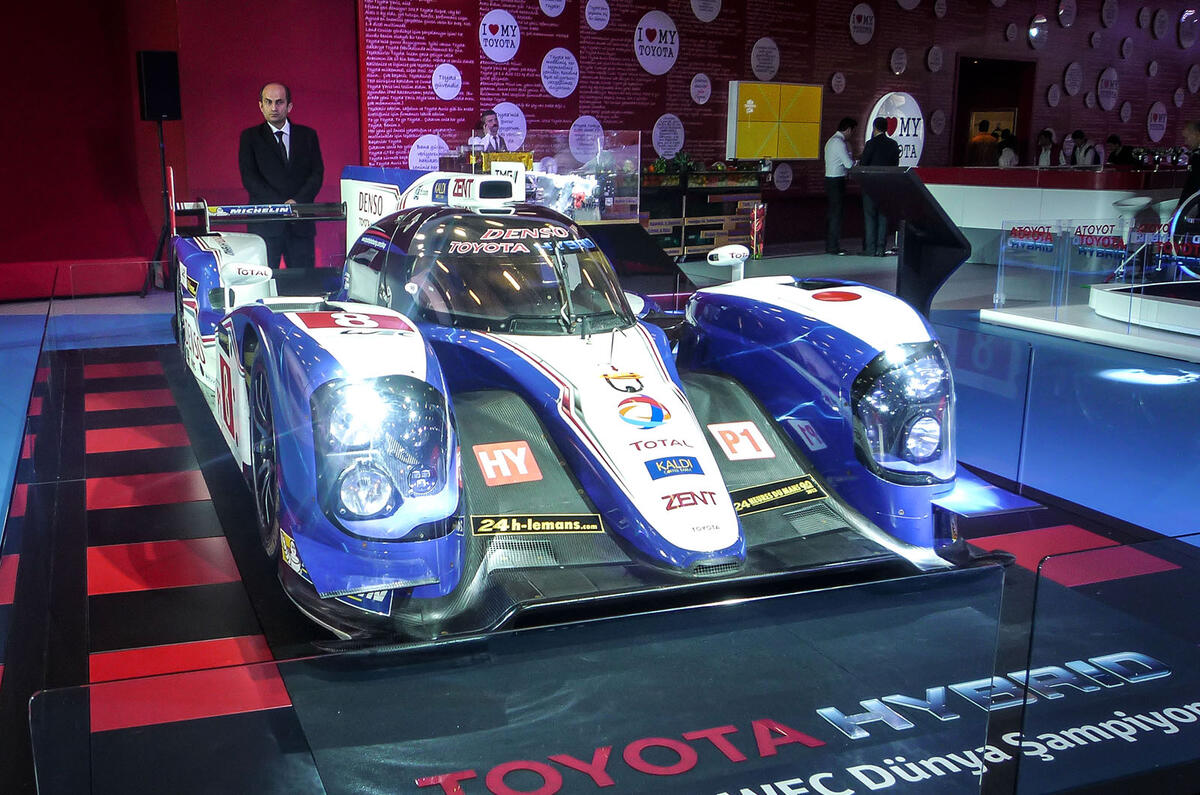
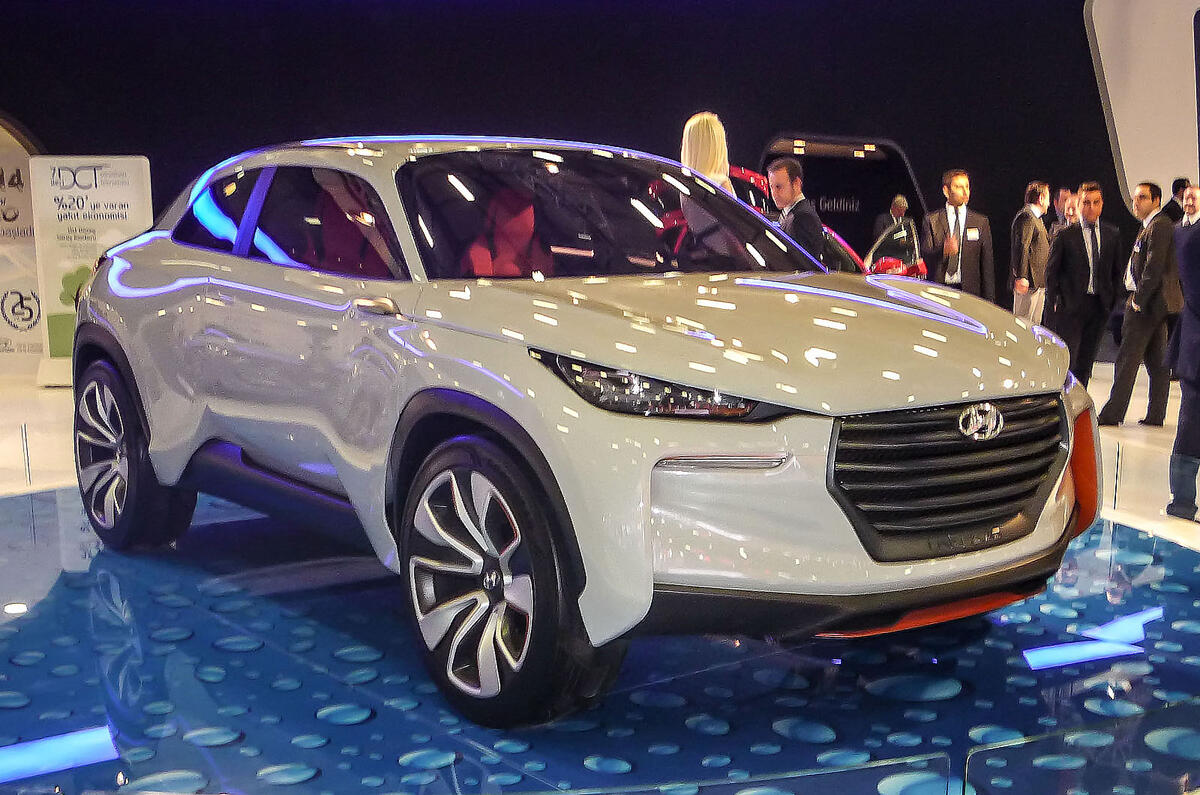
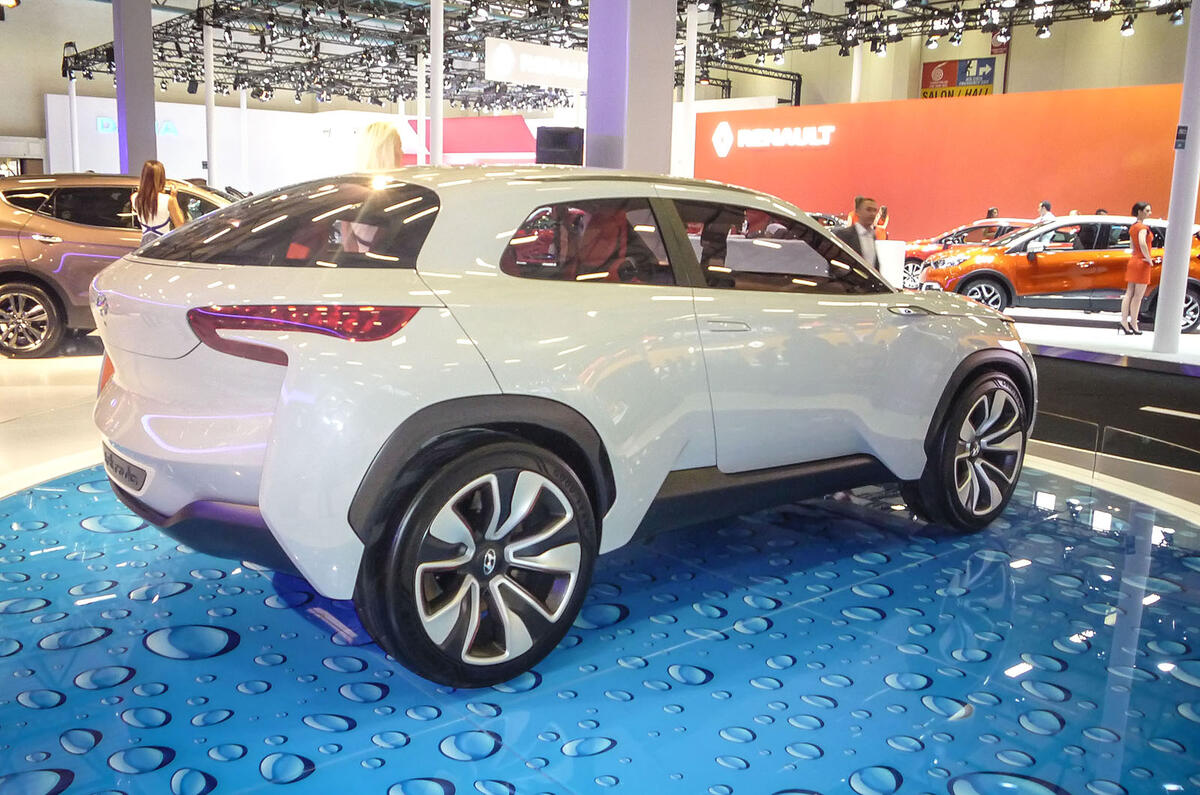
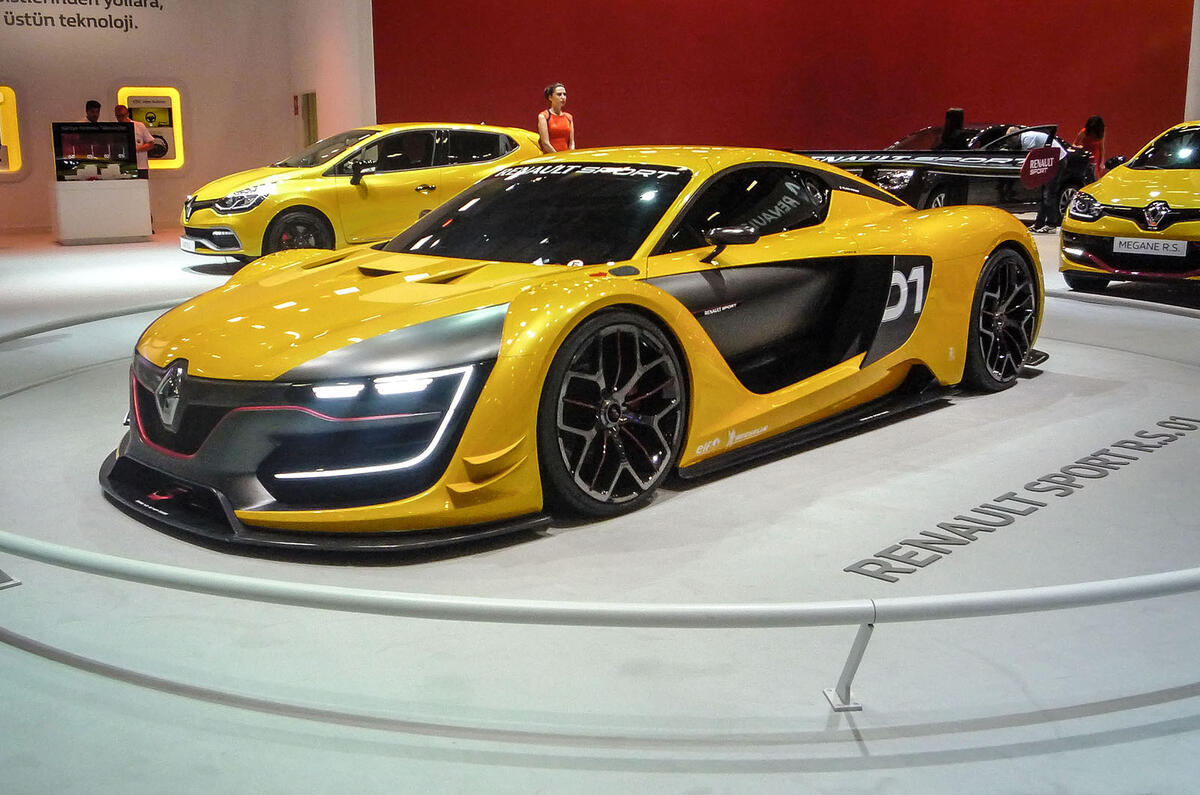
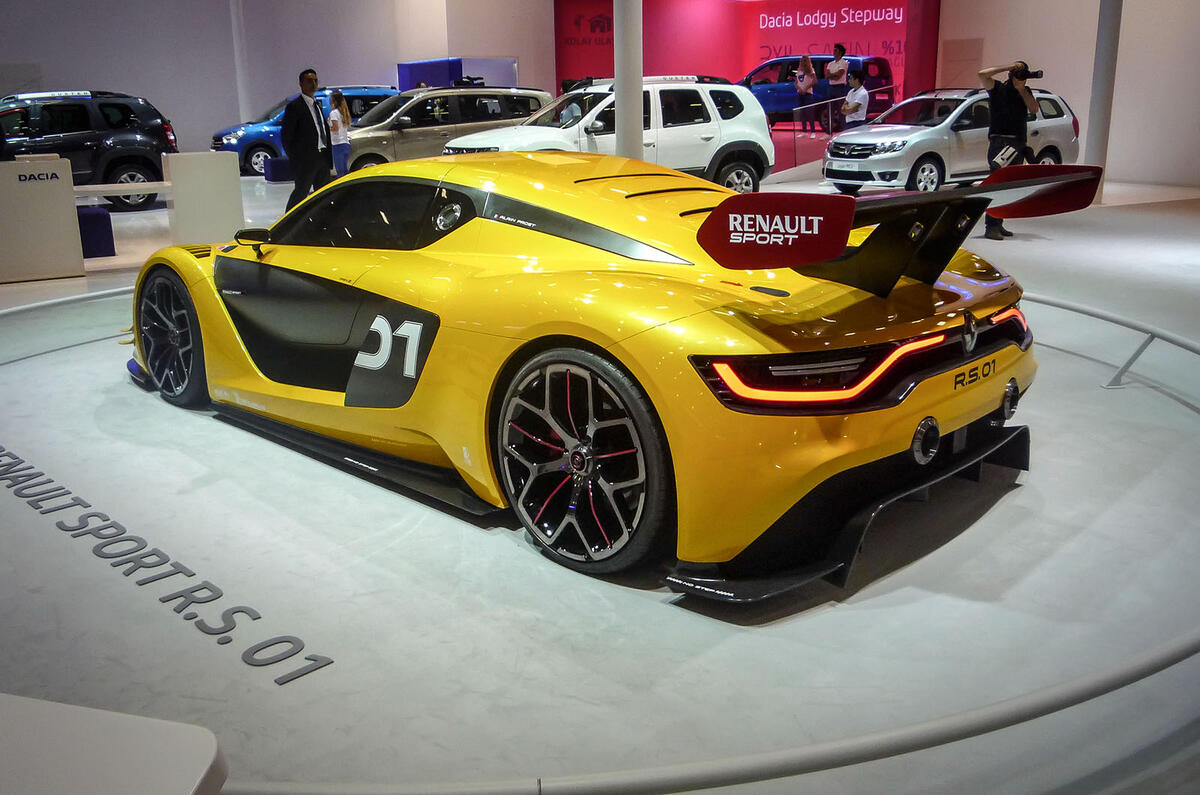
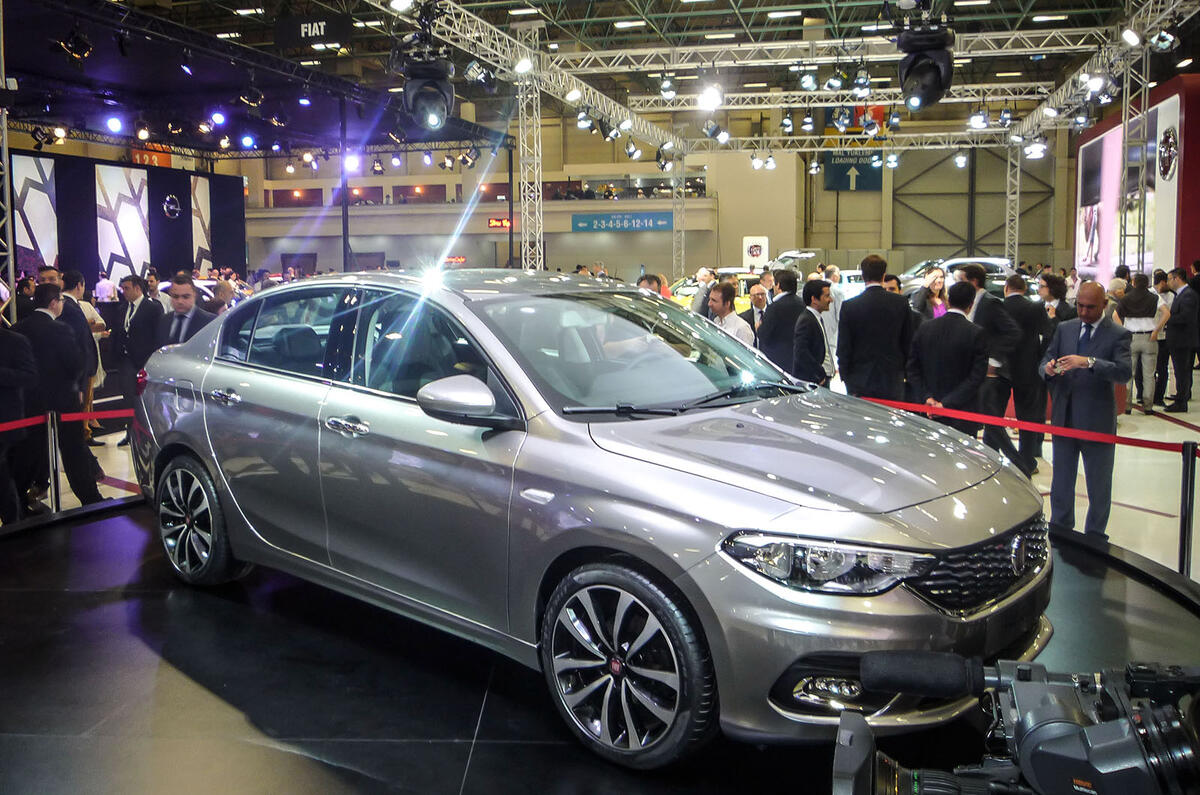
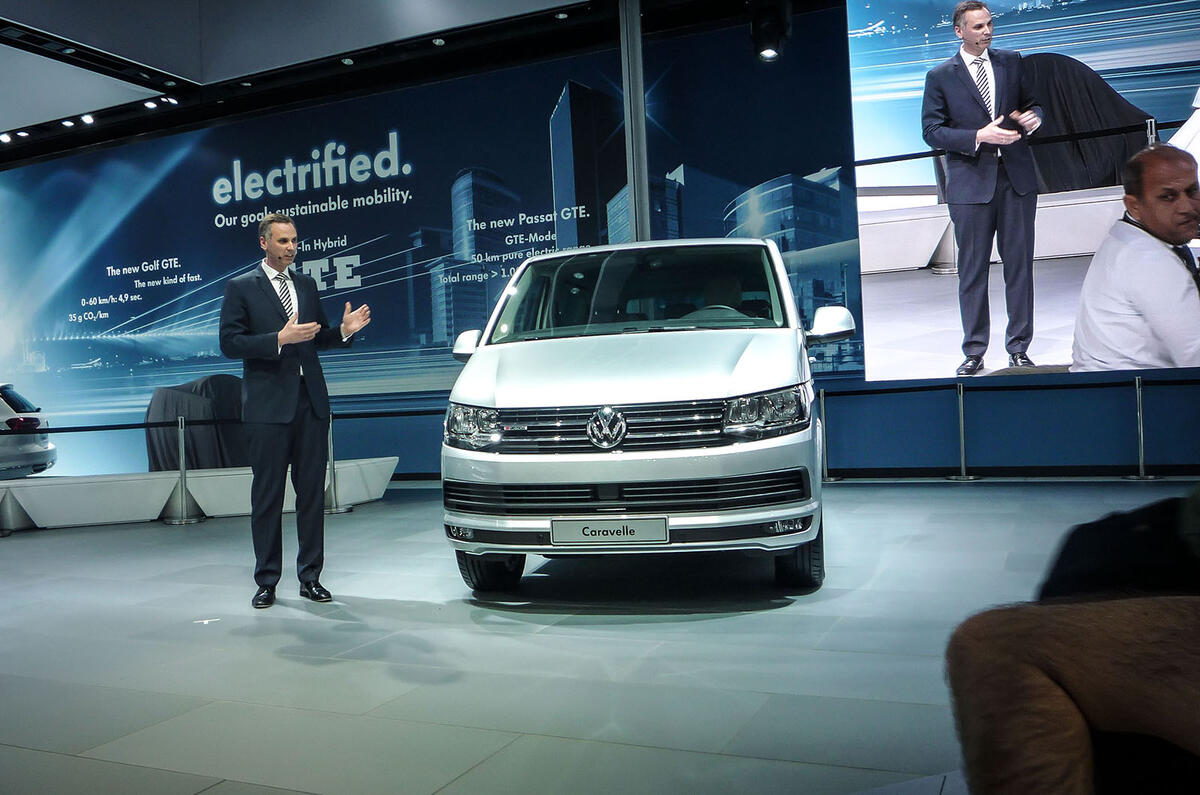
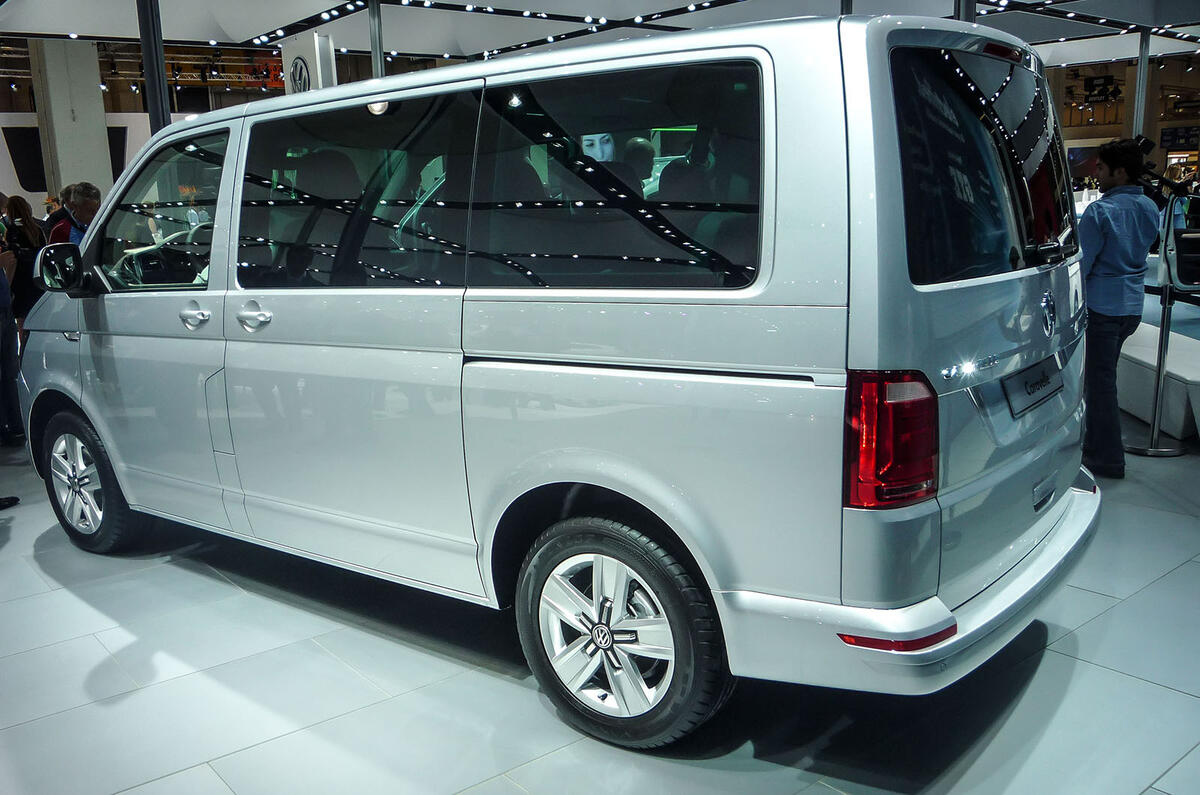
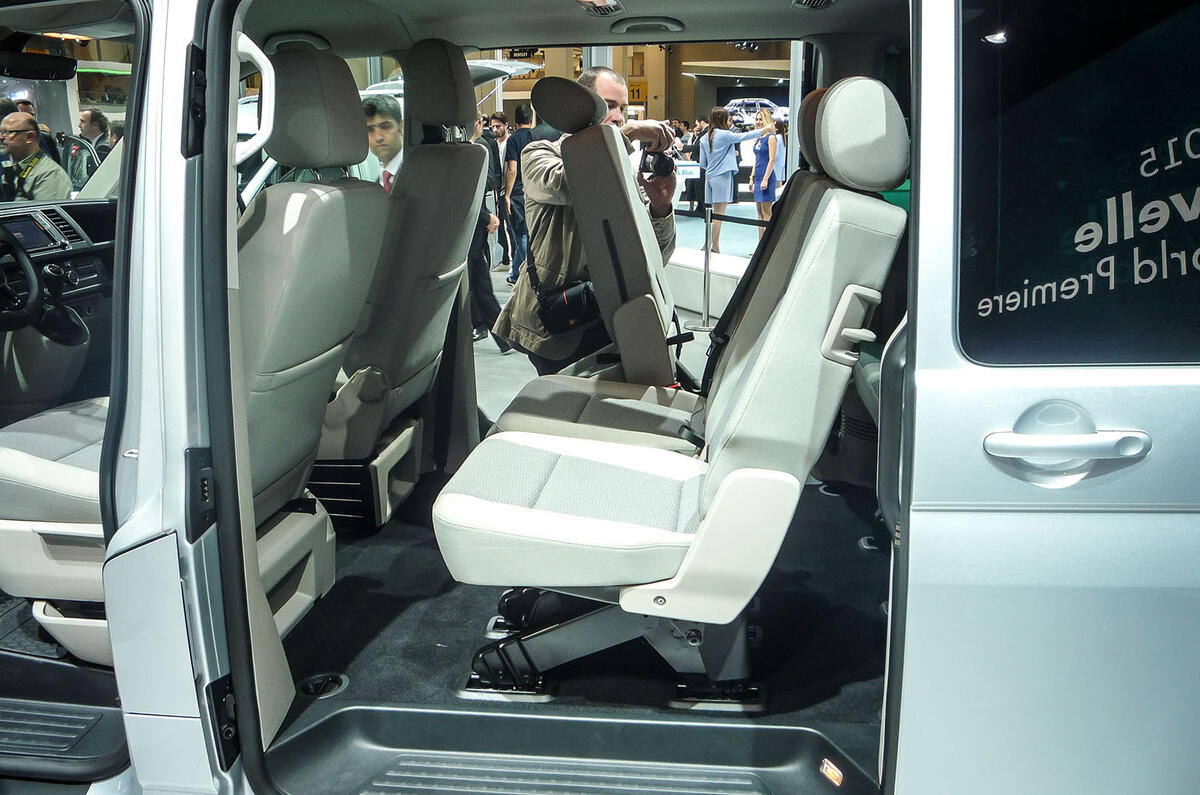
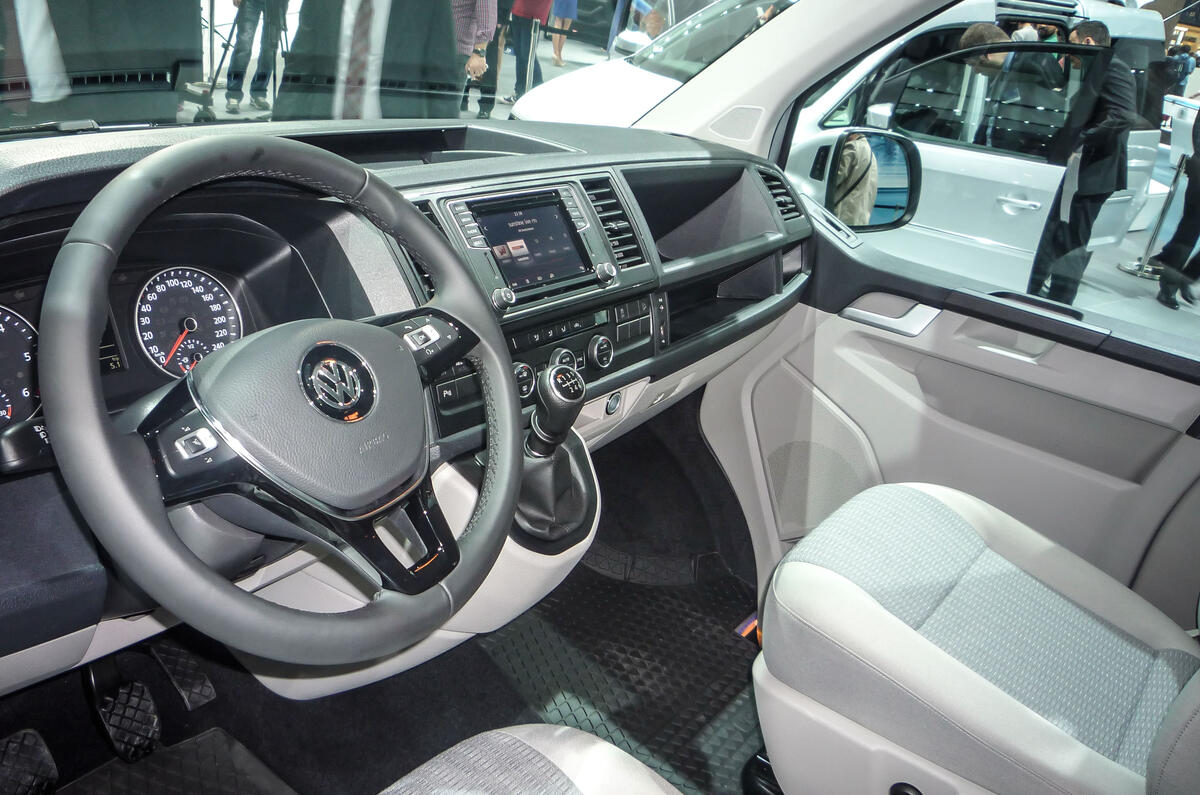
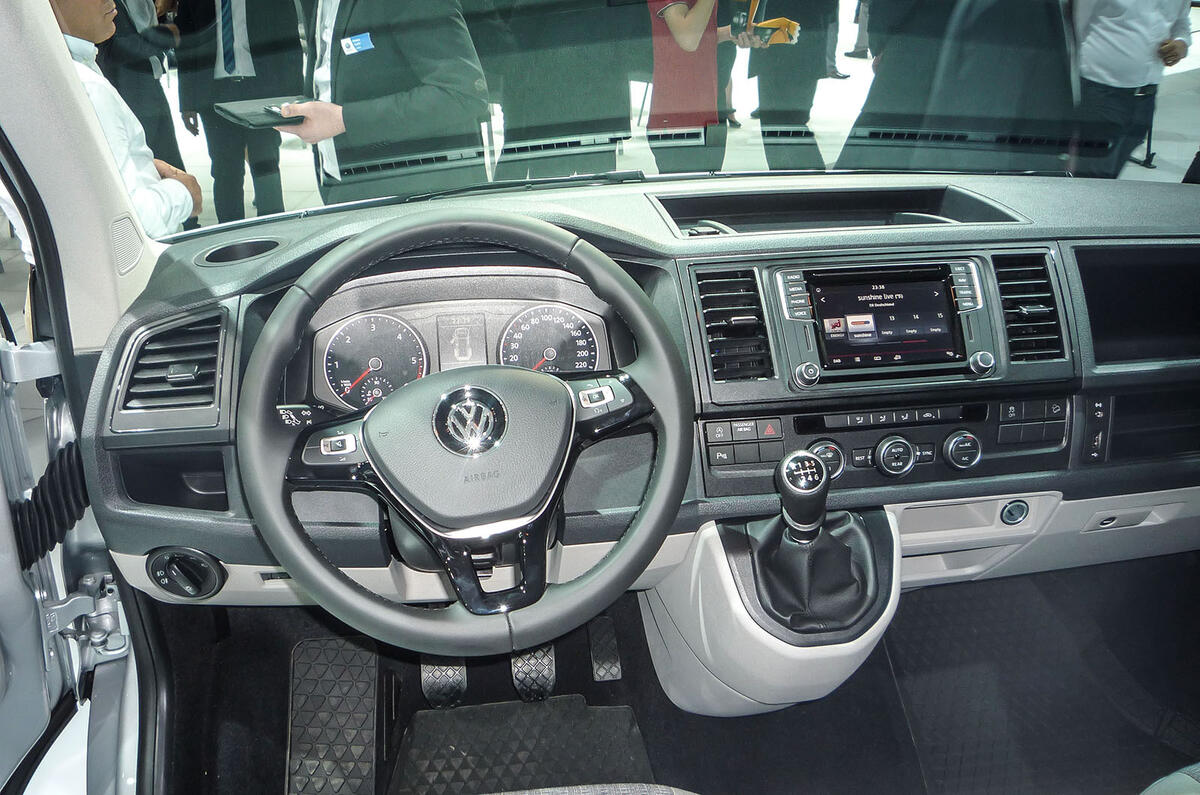
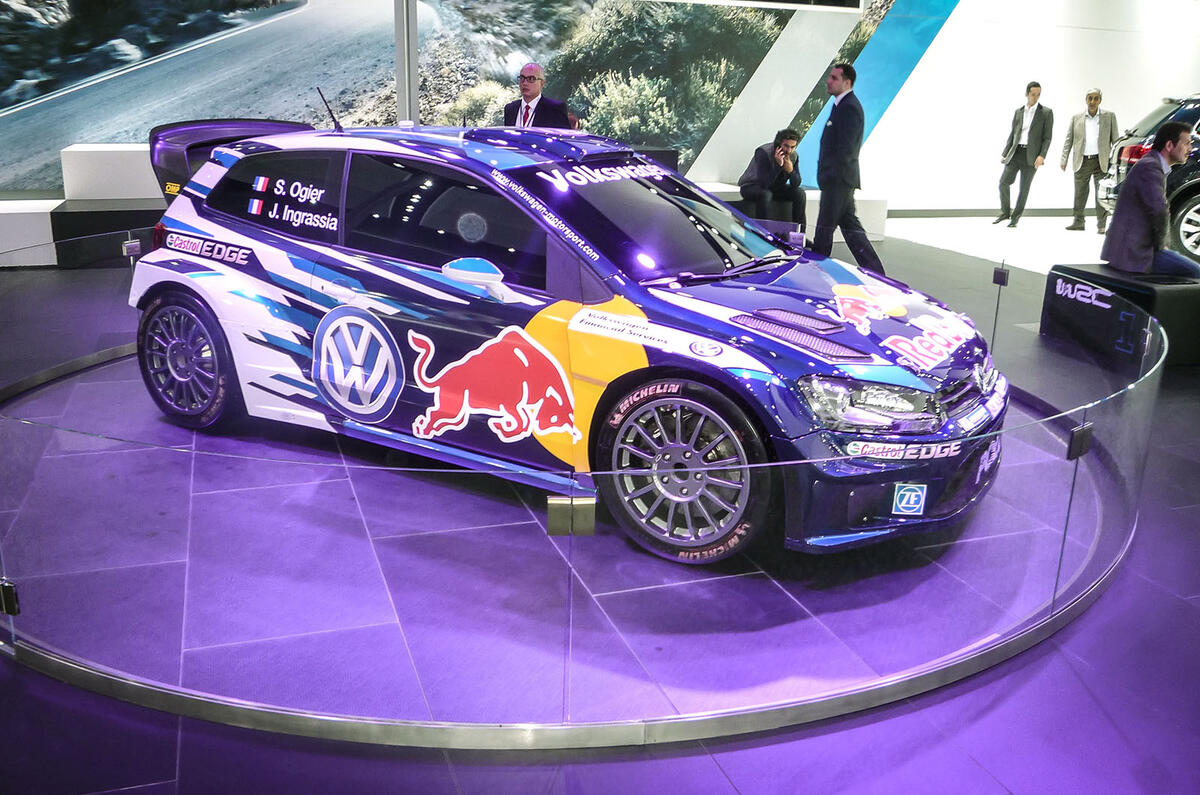
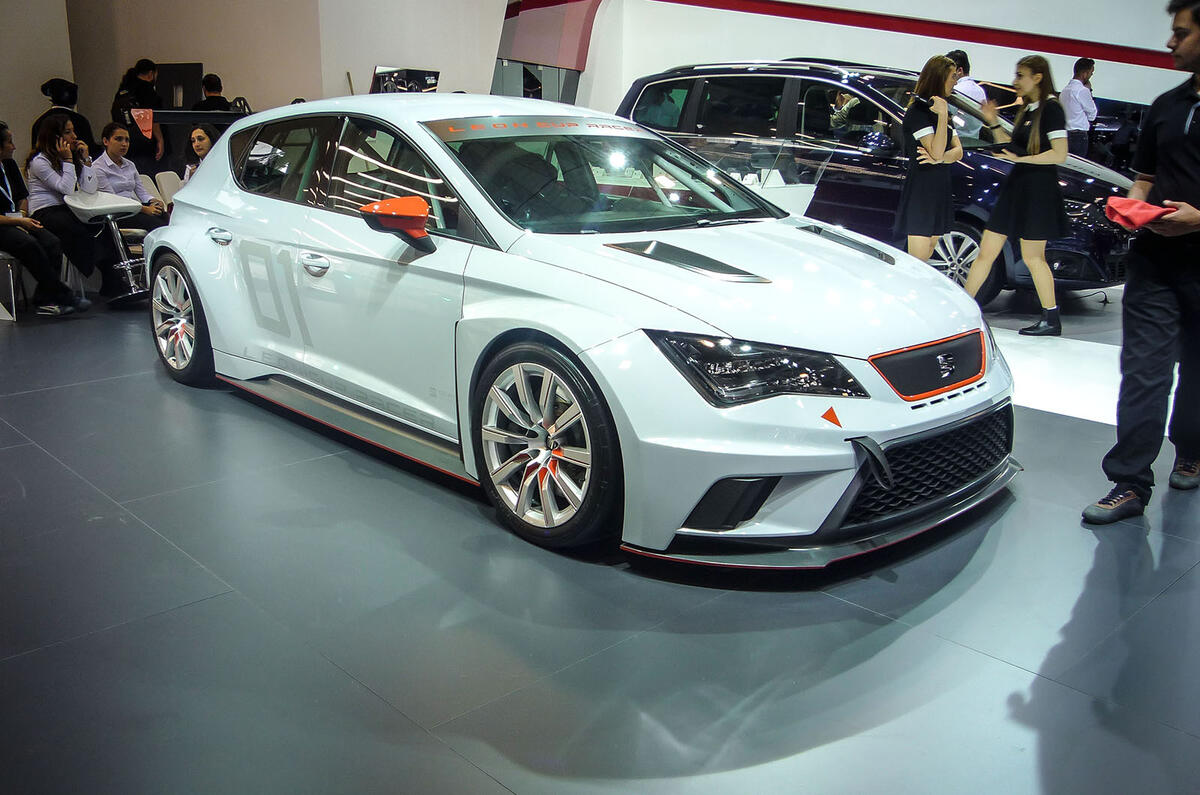
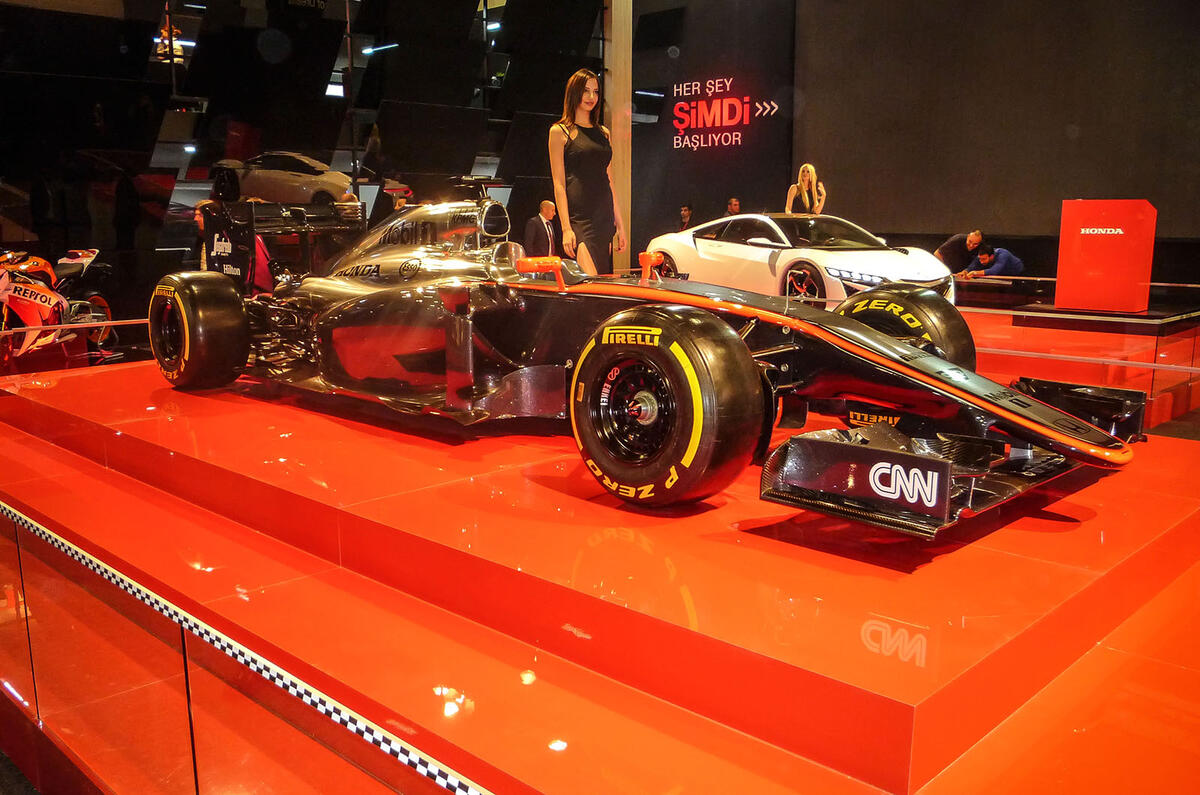
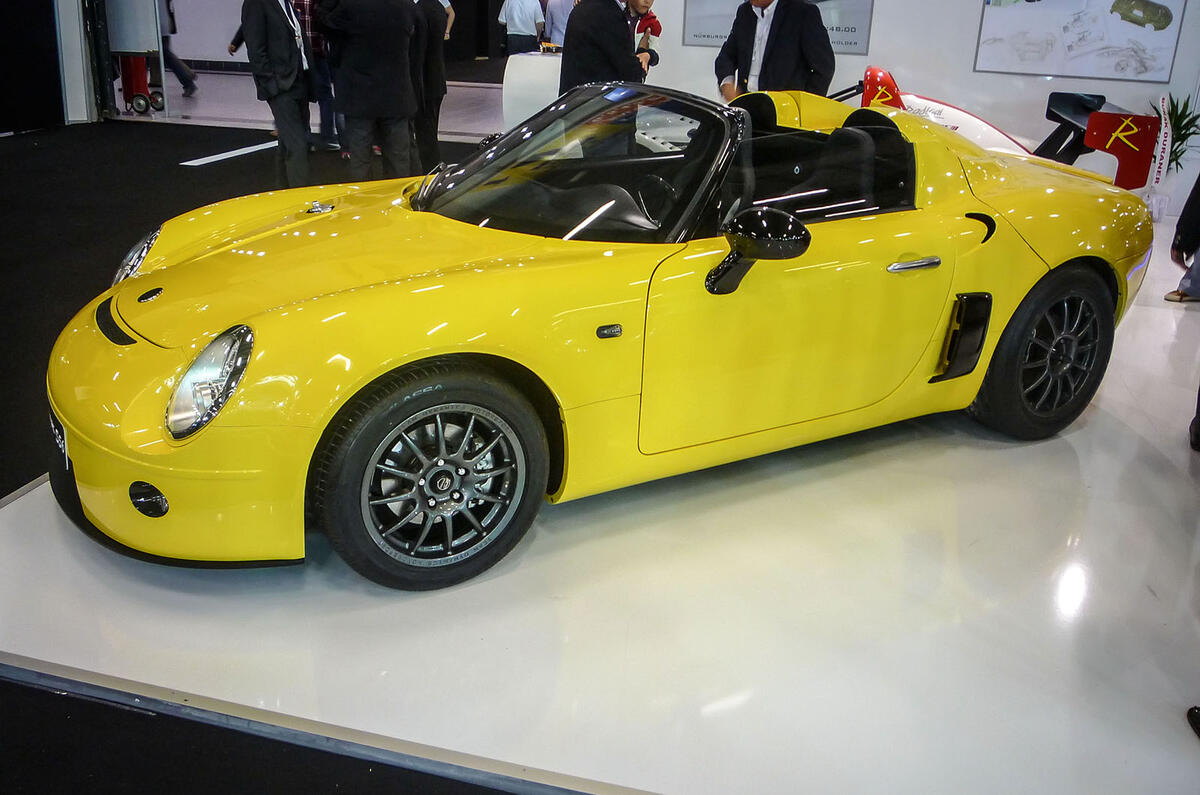
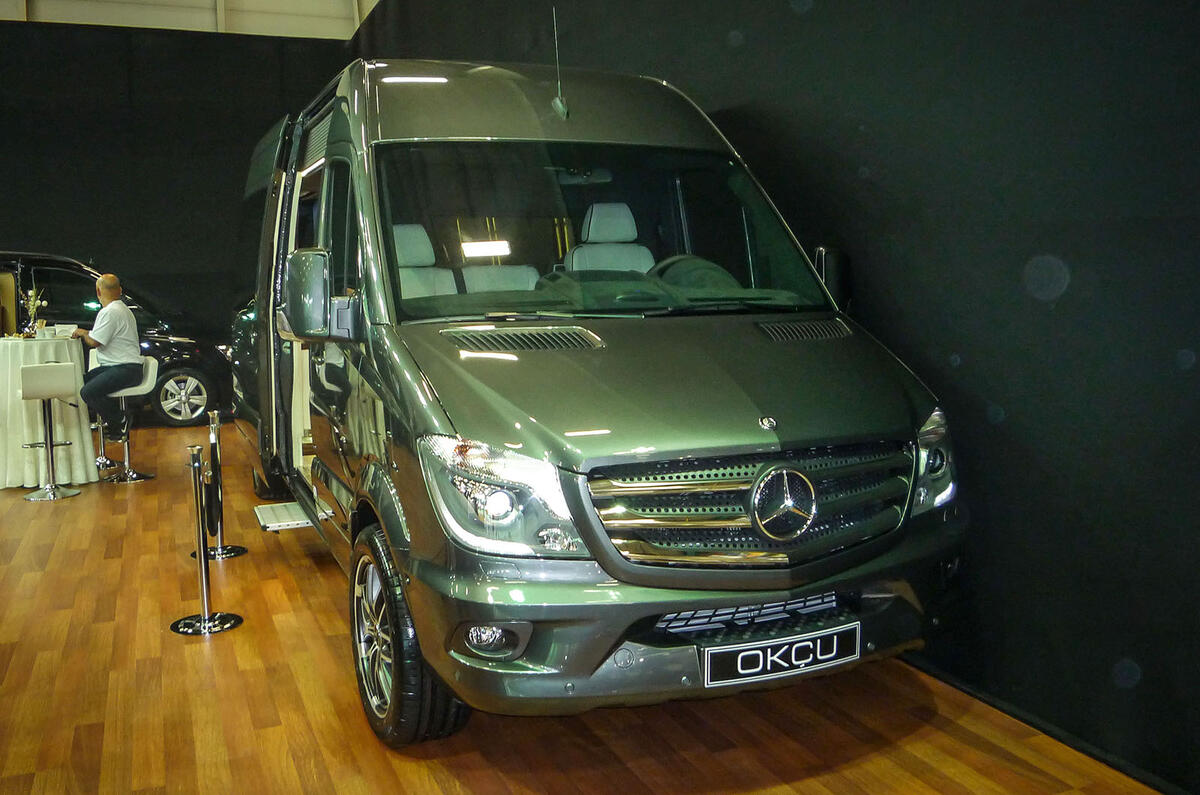
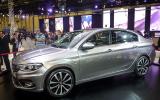
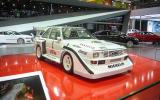
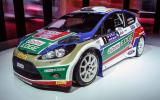
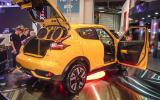
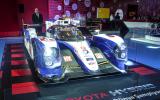
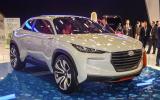
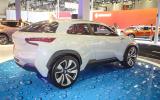
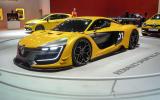
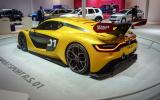


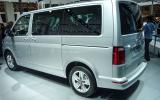
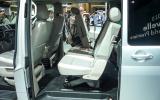
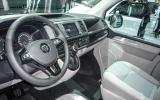
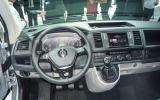
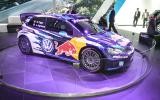
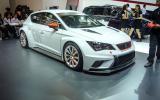
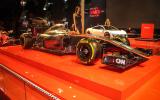
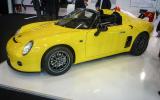
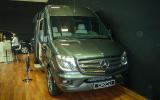


Join the debate
Add your comment
Tha capital of Turkei is